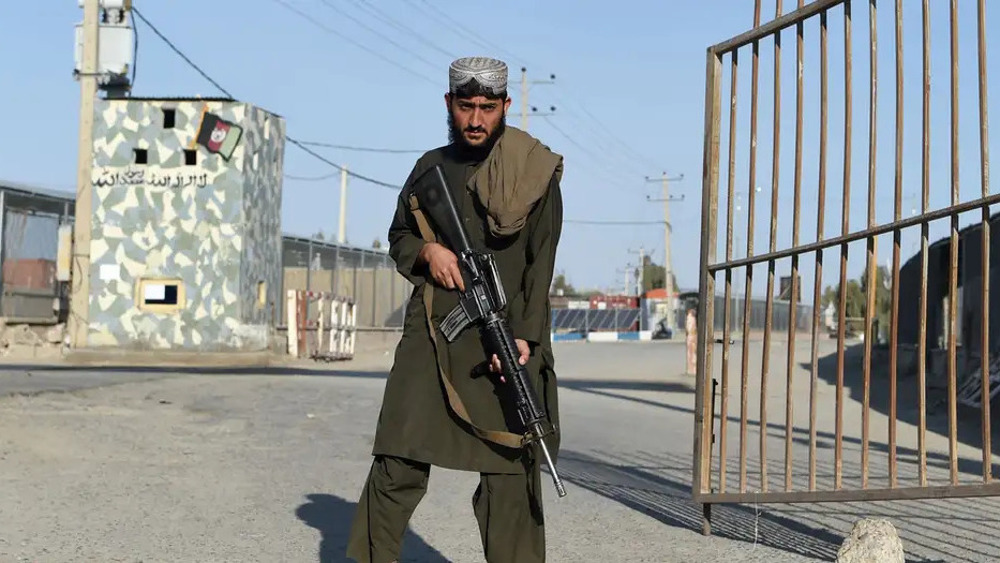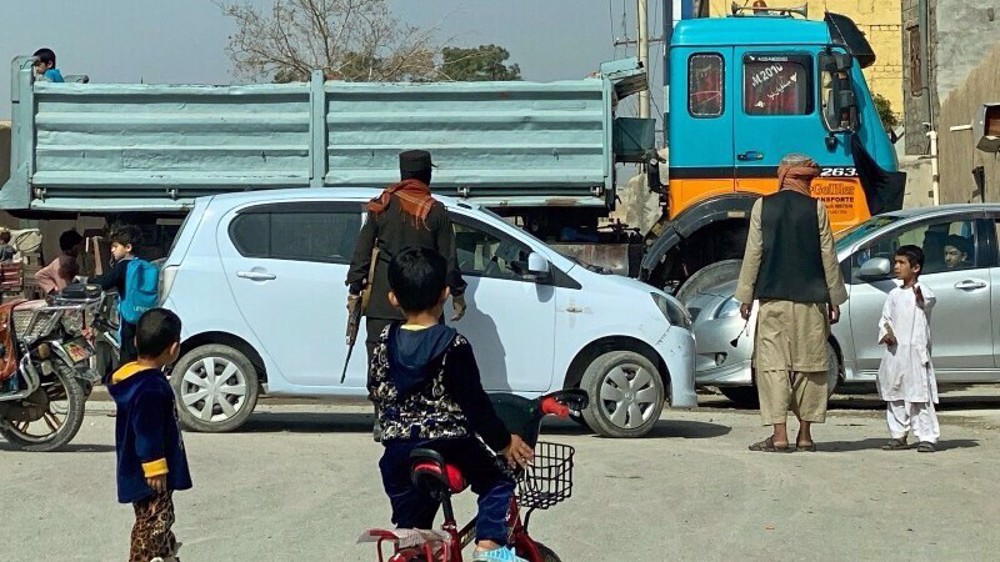Afghan parliament rejects woman's nomination for Supreme Court
Afghanistan’s parliament has rejected the nomination of a woman vying to become the country’s first ever female judge in the Supreme Court, in a move that could deal a blow to President Ashraf Ghani’s aspirations for promoting women in the Afghan society.
Anisa Rasouli (shown below) received 88 votes out of 193 in the secret ballot on Wednesday, failing to gain the required approval to become a member of the high court of Afghanistan.

“Unfortunately, Anisa Rasouli... could not get the vote of confidence to become a member of the Supreme Court. We ask the president to introduce another candidate,” Abdul Zahir Qadeer, deputy chairman of the parliament, said after the vote.
On June 30, Ghani nominated Rasouli, the leading lawyer and the head of the Afghan Women Judges Association, to join the nine-member court, declaring his determination to give women a more active role in social affairs.

Rasouli’s nomination was the first such appointment in the history of Afghanistan, with many conservatives warning Ghani about the repercussions of the move. The decision even sparked demonstrations in the capital, Kabul, and elsewhere in the country.
The parliamentary session Wednesday, however, approved another male candidate for the Supreme Court as well as the governor of the central bank.
Shukria Barakzai, a female member of the legislature, was dismayed by the no vote to Rasouli, calling it a “disaster.” She said Ghani should introduce another female candidate.
Since taking office last September, Ghani and his major partner in the unity government, Chief Executive Officer Abdullah Abdullah, have intensified efforts aimed at promoting more women to high-profile positions.
Ghani has already appointed two female governors for the provinces of Ghor and Daikundi, while his female nominees for four cabinet positions gained the parliamentary approval in April. He has also asked his ministers to appoint more female deputies.
Compared to the Taliban era, women currently have a more active presence in Afghanistan affairs with female lawmakers and police officers now a common part of the society.
MS/HSN/HMV
VIDEO | Palestinians inspect rubble of destroyed building in Rafah
Yemeni forces strike US, Israeli vessels in fresh pro-Palestinian operations
‘Say no to Biden’: US college being pressed not to endorse genocide
VIDEO | UN: Alarming food insecurity crisis grips Afghanistan
VIDEO | Stuck in quagmire
UK suspends legal assessments of Israeli violations in Gaza
Students protest at US universities to urge end in financial ties to Israel
Biden signs war aid bill supplying Israel, Ukraine with more weapons










 This makes it easy to access the Press TV website
This makes it easy to access the Press TV website